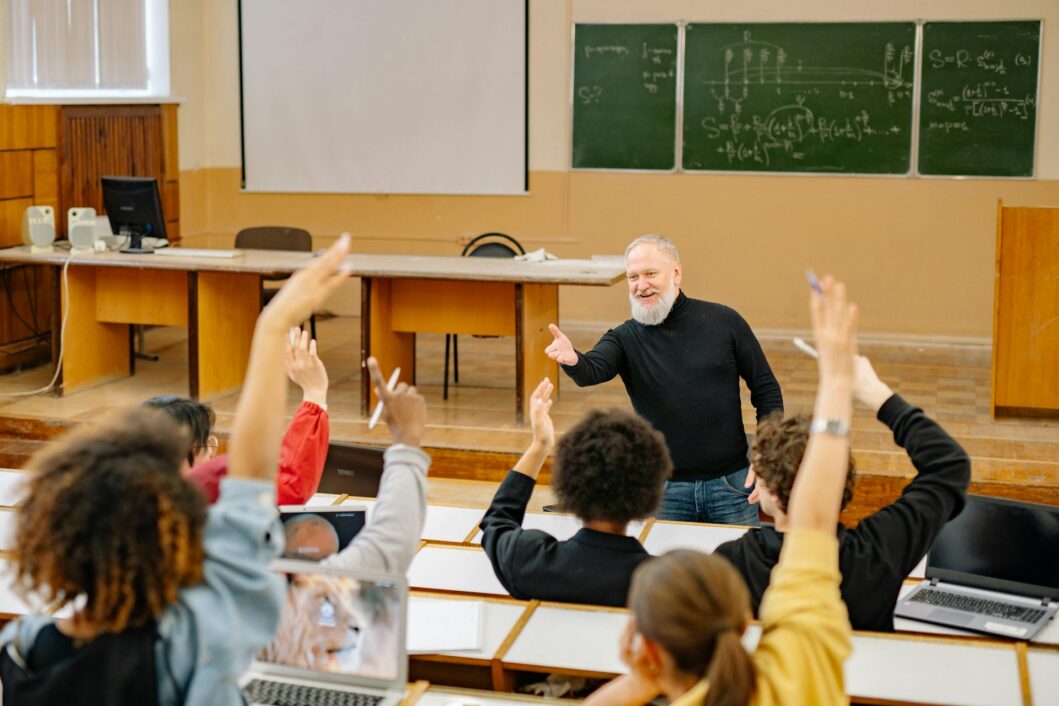Becoming a successful educator involves more than just mastering your subject matter; it requires the ability to engage, inspire, and effectively communicate with students. Whether you’re a new teacher or a seasoned professional, continuously improving your teaching skills can lead to greater student success and personal fulfillment.

Here are key strategies for becoming a successful educator and making a lasting impact in the classroom.
1. Cultivate a Passion for Teaching
Passion is at the heart of great teaching. Successful educators are genuinely excited about the subjects they teach and are eager to share that enthusiasm with their students. When you approach your lessons with passion, it becomes contagious, sparking curiosity and motivation in your students. Constantly remind yourself why you became a teacher, and let that purpose guide your daily interactions with students.
2. Create a Positive Learning Environment
A key aspect of being an effective educator is fostering a classroom environment that encourages respect, collaboration, and openness. Establish clear expectations for behavior, promote inclusivity, and encourage students to voice their opinions and ask questions. A positive learning environment helps students feel comfortable taking risks and engaging in discussions, which can deepen their understanding of the material and boost their confidence.
3. Be Adaptable and Open to Change
Education is constantly evolving, and successful educators are those who can adapt to new teaching methods, technologies, and student needs. Stay informed about the latest developments in your field and be willing to integrate new strategies into your teaching. Whether it’s incorporating technology into the classroom or trying out different approaches to accommodate diverse learning styles, flexibility is key. Adaptability ensures that you remain effective and relevant as an educator, providing your students with the best possible learning experience.
4. Master the Art of Communication
Effective communication is essential for successful teaching. Being able to convey complex concepts in simple, understandable terms helps students grasp new information more easily. But communication goes beyond just speaking—it also involves active listening. Pay attention to student feedback, both verbal and non-verbal, and adjust your teaching methods accordingly. Open lines of communication build trust and make students feel heard, enhancing their overall learning experience.
5. Encourage Lifelong Learning
Successful educators are lifelong learners themselves. Stay curious, seek professional development opportunities, and never stop refining your teaching skills. Attend workshops, pursue certifications, and engage with fellow educators to exchange ideas and best practices. By demonstrating a commitment to your own growth, you model the importance of continuous learning for your students, inspiring them to adopt the same mindset.
By cultivating passion, creating a positive learning environment, being adaptable, mastering communication, and encouraging lifelong learning, you can become a successful educator who positively impacts your students’ lives. Your dedication to growth and excellence will not only improve your effectiveness as a teacher but also leave a lasting legacy in your students’ academic journeys.

